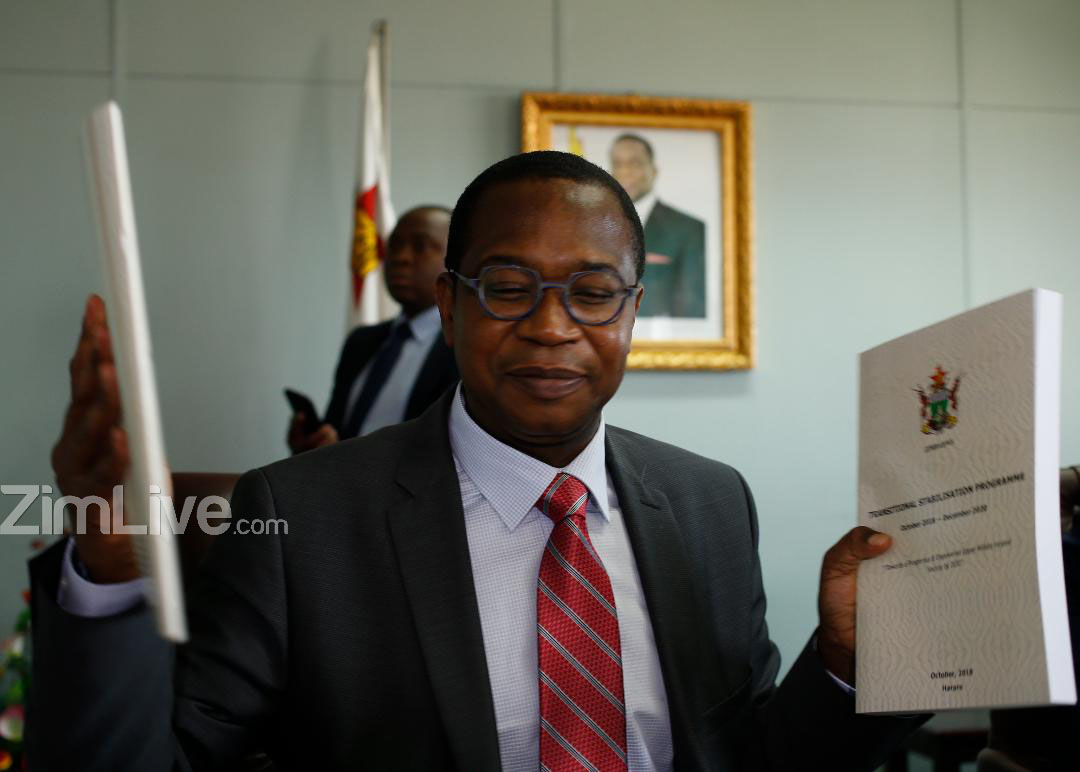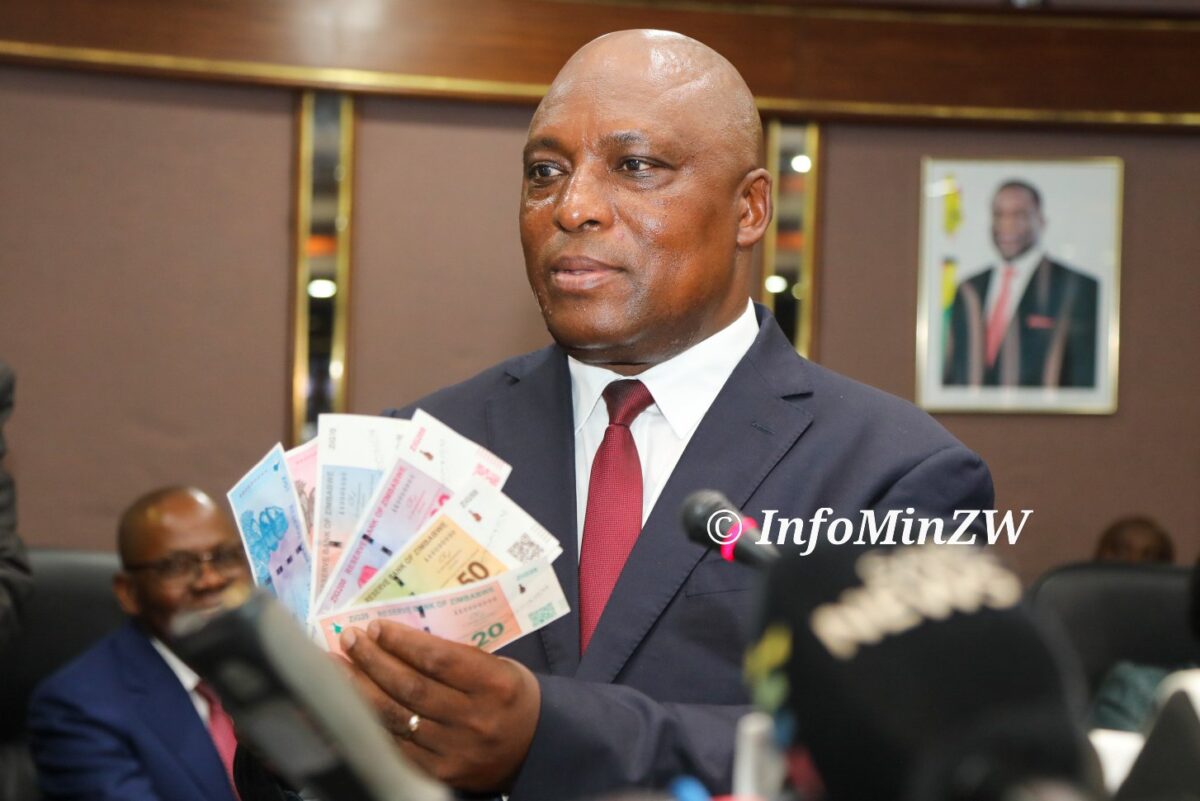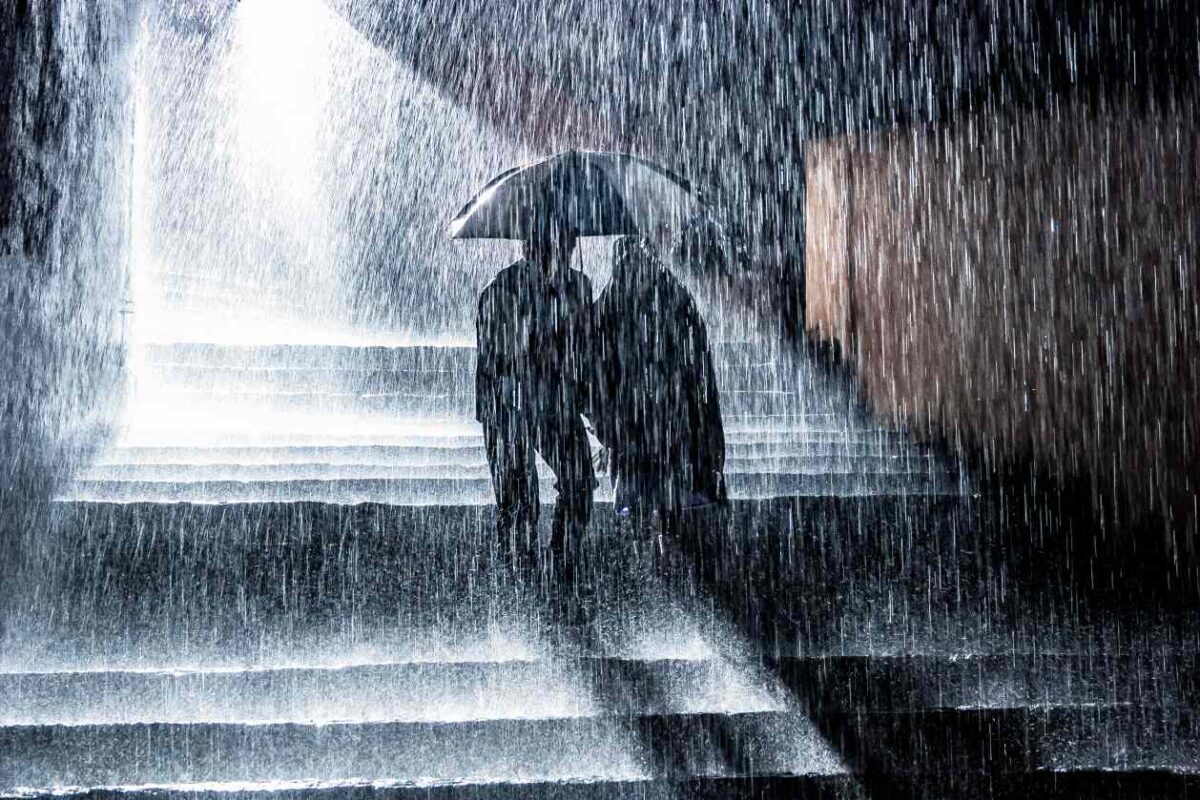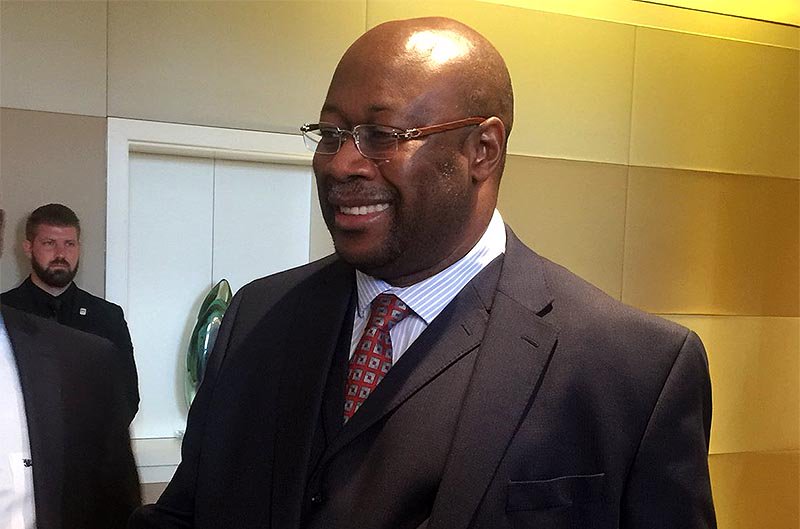HARARE – Zimbabwe’s budget deficit swelled to $1.3 billion in the first half of 2018, nearly five times the initial target after government spending spiraled ahead of an election in July, a Treasury document showed on Thursday.
Before a tight election on July 31, President Emmerson Mnangagwa’s government distributed free seed and fertilizer to rural voters, upgraded roads and dams, and injected fresh capital into struggling government-owned companies.
Mnangagwa went on to win an election that was marred by a deadly army crackdown on opposition protesters and allegations of vote rigging.
Treasury’s quarterly report to June showed the government overshot its budget deficit of $266 million after spending $616 million on farm inputs for the rural poor and grain imports.
The government resorted to issuing Treasury Bills to plug the deficit and cover massive public wage spending, which accounts for more than 70 percent of the budget.
New Finance Minister Mthuli Ncube said on October 1 that government borrowing via Treasury Bills and an overdraft with the central bank were feeding a growing fiscal deficit that could overwhelm the financial system.
Mnangagwa’s government is under pressure to quickly deliver on promises to revive an economy.
Treasury said the economy was now expected to grow by as much as 6.3 percent this year against an initial target of 4.5 percent due a better performance in agriculture and mining.















